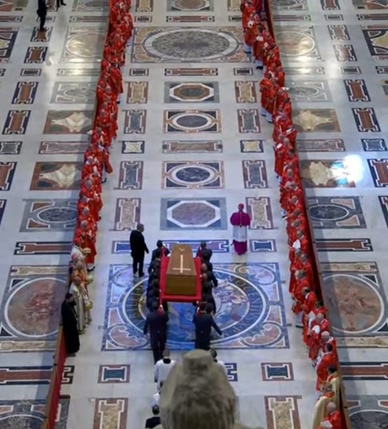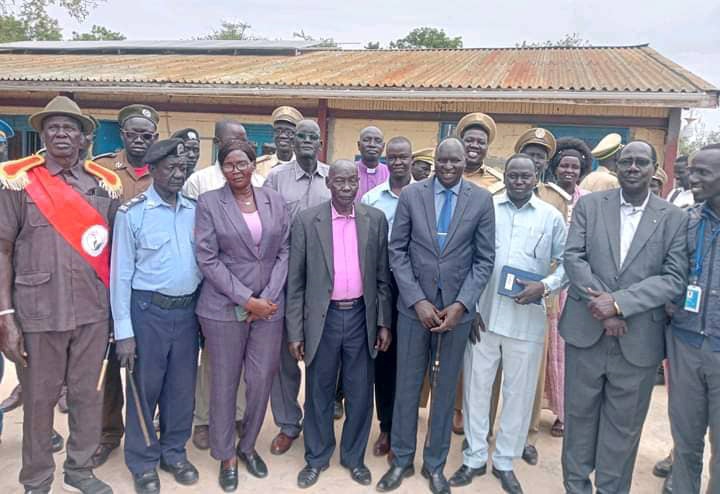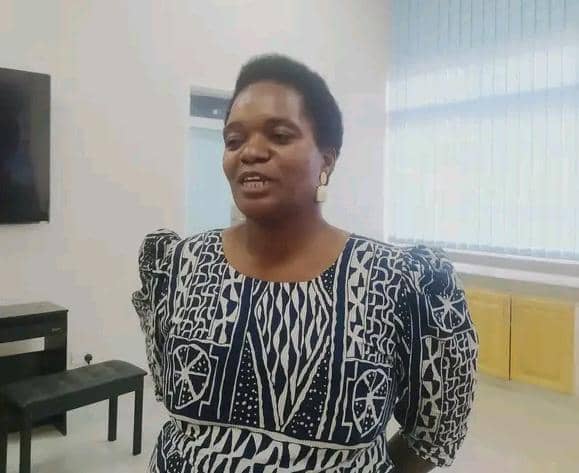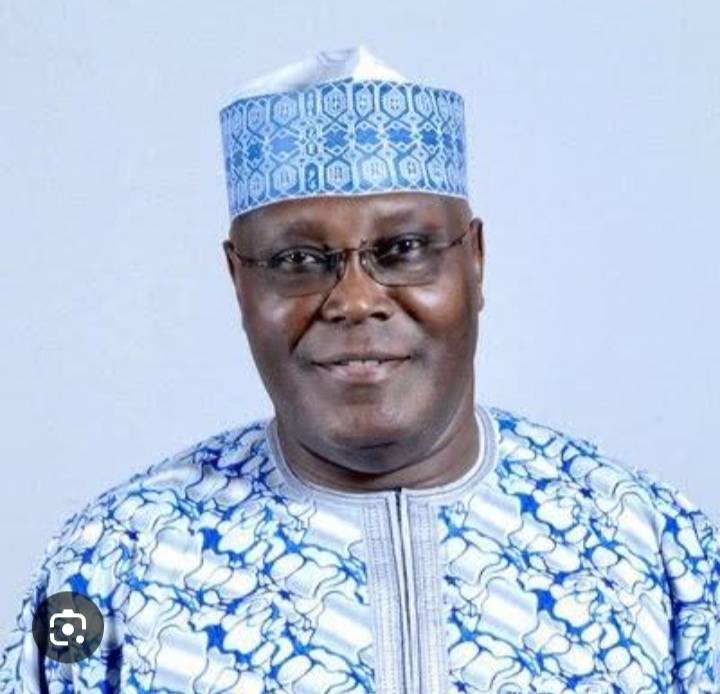NIGERIA: 2025 Budget Fails To Address Nigeria’s Economic Challenges – Atiku

By Ameenat Hamzat, Lagos, Nigeria
The 2023 presidential candidate of the Peoples Democratic Party (PDP), has criticised Tinubu’s 2025 budget proposal, saying it lacks the structural reforms and fiscal discipline necessary to tackle Nigeria’s persistent economic issues.
Atiku expressed his doubts about the budget’s potential in a statement issued on Sunday.
Recall that on Wednesday, President Bola Tinubu presented the N47.9 trillion 2025 budget to the National Assembly, allocating N4.91 trillion to defense and security, N4.06 trillion to infrastructure, N3.52 trillion to education, and N2.48 trillion to health.
Atiku said: “The 2025 budget lacks the structural reforms and fiscal discipline required to address Nigeria’s multifaceted economic challenges.
This administration must tackle inefficiencies, inflated contracts, and unsustainable borrowing while focusing on long-term fiscal sustainability.”
Atiku further highlighted the budget’s N13 trillion deficit, with a revenue project of N13 trillion, which is approximately 4% of GDP.
“This continues the APC-led government’s trend since 2016 of running deficits and escalating public debt, exacerbating risks from interest payments and forex volatility,” he added.
Atiku further criticized the focus on debt servicing.
He said: “Debt servicing surpasses allocations for key sectors such as defense (N4.91 trillion), infrastructure (N4.06 trillion), education (N3.52 trillion), and health (N2.48 trillion), crowding out essential investments and perpetuating the debt cycle.”
He also noted that recurrent spending remains excessively high at N14 trillion (30% of the budget), fueling inefficiencies and sustaining an oversized bureaucracy.
Atiku also criticised the proposed increase in VAT from 7.5% to 10%, describing it as a regressive move that would worsen economic hardship.
“Raising taxes without addressing inefficiencies in governance will stifle consumption, deepen the cost of living crisis, and widen economic disparities,” he concluded.
categories
recent posts

World Mourns as Pope Francis’ Coffin Arrives at Rome Basilica for Final Burial

SOUTH SUDAN: Measles Vaccination Campaign Launched In Twic East County

MALAWI: MUBAS Empowers Staff With K287 Million Research Grants


